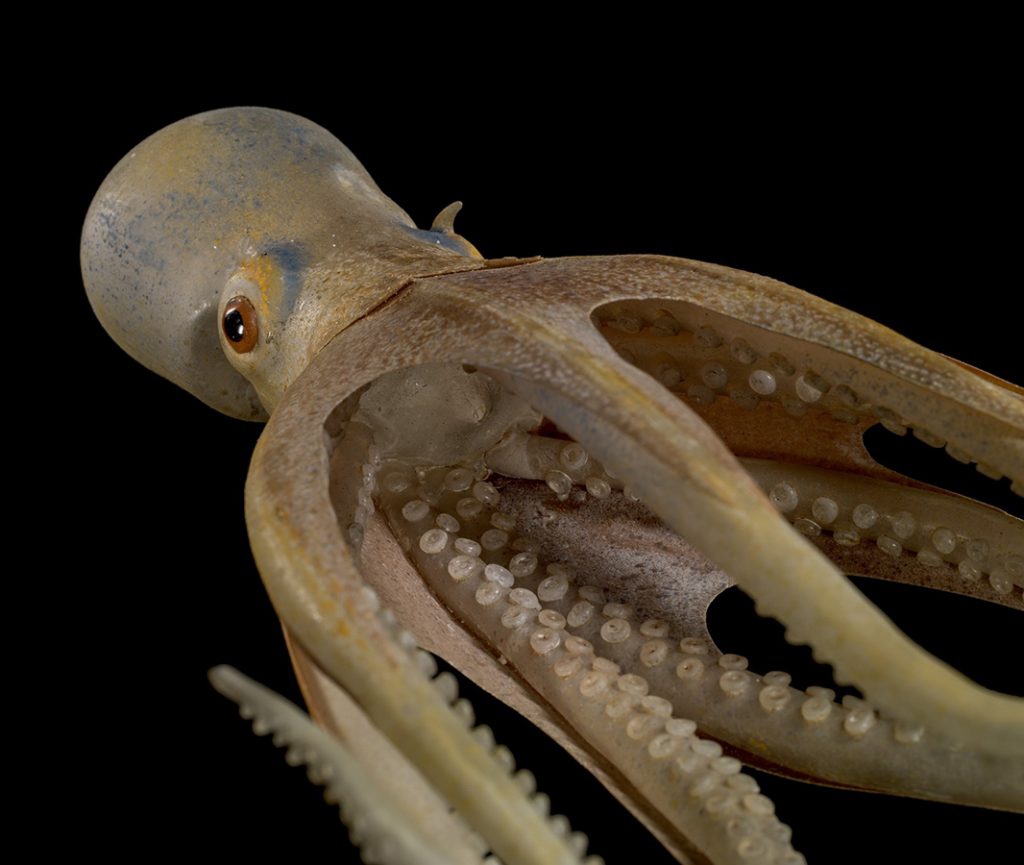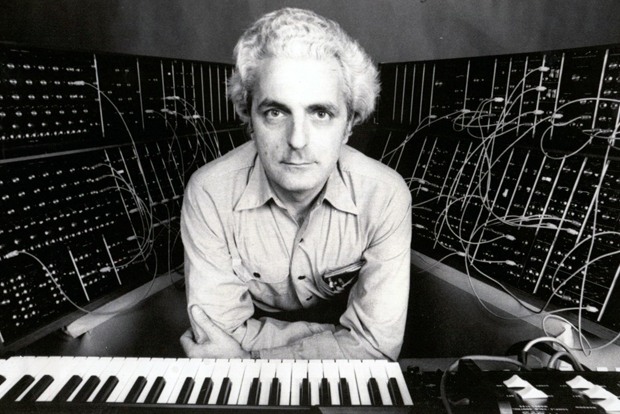Things to Do, May 20-27, 2016
By Daniel Aloi

Springtime chamber music
The Department of Music presents Cornell’s ninth annual international festival of chamber music, Mayfest, May 20-24.
The five-day festival features contemporary masterworks and older classics (such as the Beethoven Septet) at six intimate concerts in Klarman Hall, Barnes Hall, the Cornell Lab of Ornithology and the Carriage House Café. The opening concert is May 20 at 8 p.m. in Klarman Hall Auditorium.
General admission single tickets are $20 for adults, $10 for students. Tickets are available online or at the door. A festival pass (for all six concerts) is $100. Children under 18 are admitted free with an adult.
The concert at the Lab of Ornithology, May 22 at 2 p.m., offers music about birds and nature by Robert and Clara Schumann, Schubert and Mendelssohn.
The late Pulitzer Prize-winning composer and emeritus professor Steven Stucky will be remembered with the east coast premiere of his Piano Quintet (May 22, 8 p.m., Barnes Hall), and a new work, “Three Tarantellas,” by his student Loren Loiacono (May 21, 8 p.m., Barnes Hall). The May 22 concert in Barnes also honors the 125th anniversary of Sergei Prokofiev’s birth, with excerpts from “Romeo and Juliet” and a piano sonata.
Guest artists making their Mayfest debuts include clarinetist Chris Grymes and violist Gilad Karni. Returning to the festival are soprano Íride Martínez, violinists Tatiana Samouil and Xiao-Dong Wang, cellist Zvi Plesser and percussionist Michael Compitello. The May 24 Carriage House program features Martínez and Karni with pianist Miri Yampolsky, Mayfest co-artistic director and music faculty member.
Make stuff
Cornell University Library invites members of the Cornell community to “drop in, mess around, work together and make stuff” at a Fabrication Friday makerspace session, May 20 from noon to 1 p.m. in the Engineering Library’s first-floor study space in Carpenter Hall.
Makerspaces are DIY areas for people with any level of experience to create, invent and learn. The library’s portable, pop-up makerspace is equipped with a 3-D printer and scanner, Arduino and Littlebits microelectronics kits, basic hardware tools, button-making supplies and more.
The library’s makerspace task force survey seeks input on what people make, would like to make (given the training and tools) and can teach others to make, to help create a transformative space for collaborative design and learning. Mobile makerspace equipment also is available for special programs and classes; contact Camille Andrewsor Devin Sanera.
Vote on summer films
Voting ends May 20 to help Cornell Cinema choose its lineup of summer Terrace Screenings.
The Wednesday night screenings are outdoors on the Willard Straight Hall Terrace, and feature a cocktail/picnic with a cash bar and complimentary snacks before the film starts, usually around 9:30 p.m. Screenings for summer 2016 will be held on June 22, June 29, July 13 and July 27.
Patrons and film lovers can vote online and choose up to four titles through Friday, May 20. The official lineup will be announced in early June.
Cornell Cinema’s spring schedule ends with five showings of the 2016 animated feature “Zootopia,” May 19-22. “The Mermaid” also screens May 20 at 9:25 p.m.
Moog Day
Synthesizer inventor Robert Moog, Ph.D. ’65, will be celebrated May 22 at the first-ever Moog Day in Trumansburg, the central New York village where he first produced the electronic instruments that bore his name and revolutionized music in the 1960s.

A historic marker dedication kicks off the free daylong celebration at 1 p.m. in front of Little Venice Restaurant, 49 East Main St., where the R.A. Moog Co. operated from 1963-71.
Trevor Pinch, professor of science and technology studies, will give a talk on how Moog learned to innovate, 2 p.m. at the Ulysses Historical Society, 39 South St., as part of a “Moog in T’burg” program. Pinch also leads a DIY make-your-own-synthesizer workshop (with musical instrument maker Jordan Aceto) at 4 p.m. at Ulysses Philomathic Library, and performs with Electric Golem as part of a show of live Moog music acts, 6-10 p.m. at the Rongovian Embassy. The day also includes Moog music. Moog’s archives – including his original notes, schematic plans, drawings and recordings – are housed in the Cornell University Library Division of Rare and Manuscript Collections.
Invertebrates in glass
In 1885, Cornell purchased 570 glass study models of marine invertebrates for its teaching collections. The Corning Museum of Glass is featuring 70 of the intricately detailed models from Cornell’s collection in a new exhibition, “Fragile Legacy: The Marine Invertebrate Glass Models of Leopold and Rudolf Blaschka.”
Created by the father-and-son artists in Dresden, Germany, for universities and museums worldwide, the models are used by Cornell researchers as a time capsule of diversity and a guide for seeking out and documenting creatures still living in the oceans today. Marine biologist Drew Harvell, curator of Cornell’s Blaschka collection, partnered with filmmaker David Owen Brown on a documentary showing at the Corning museum, “Fragile Legacy,” narrated by Ted Danson and using the Blaschka collection to highlight the need for conservation of the world’s oceans.
“If ever there was a time to compare the plentiful past with an ocean in jeopardy, that time would be now,” Harvell said. “We hope to find out whether they are surviving in the sea as magnificently as they do in glass.”
Harvell, a professor of ecology and evolutionary biology, is associate director of environment at the Atkinson Center for a Sustainable Future, which supported the film project.
The exhibition, open through Jan. 8, 2017, details the history of the Blaschka family, the interest in marine life and dissemination of scientific knowledge in the 19th century, the artists’ methods and the story of the objects as an art form.
Media Contact
Get Cornell news delivered right to your inbox.
Subscribe